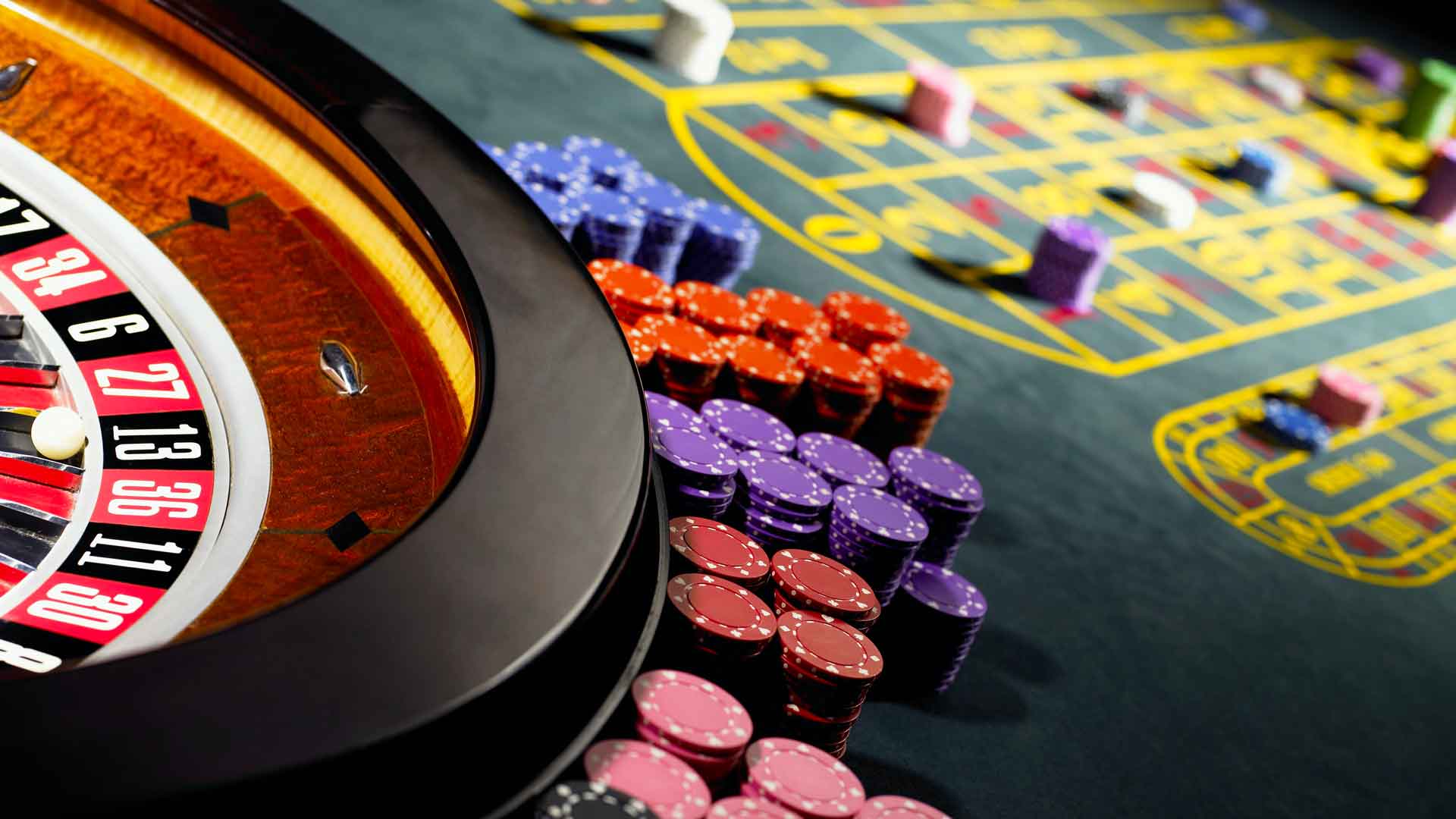How Casinos Rewrite Rules of Time

How Casinos Rewrite Rules of Time
Enter any grand casino, and you step not just into a building, but into an expertly crafted parallel dimension. Here, the traditional markers of time – day and night, hours and minutes – dissolve into a seamless continuum designed to immerse, engage, and entice. This isn't accidental; it's a meticulously engineered psychological phenomenon, a testament to how casinos masterfully rewrite the very rules of time to serve their strategic goals.
The core objective is to create a sense of timelessness, to make patrons forget the outside world and the passage of hours. This profound manipulation of time perception is one of the most powerful tools in a casino’s arsenal, directly influencing player behavior, length of stay, and ultimately, expenditure. Understanding this intricate dance with the clock reveals the genius behind casino design and the psychology of gambling.
The Architecture of Anonymity: Engineering a Timeless Realm
One of the most immediate and striking aspects of casino environments is their deliberate disconnection from the external world. You’ll rarely find windows offering views of the outside, nor will you see clocks adorning the walls. This absence isn't an oversight; it’s a foundational element of their time-warping strategy. Without natural light to signal dawn or dusk, and without visible timepieces, visitors lose their anchors to conventional time. The perpetual artificial lighting, often bright and consistent, ensures that every moment feels like an energetic, vibrant 'now'.
Beyond the lack of temporal markers, the very layout of a casino contributes to this disorientation. Labyrinthine paths, strategically placed gaming tables, and slot machines create a sprawling, captivating maze. There are few direct routes or obvious exits, encouraging exploration and extending the time spent wandering and playing. This careful architectural design keeps guests comfortably disoriented, making it challenging to gauge how long they've been within its alluring confines.
The Psychological Playbook: Manipulating Perception
The physical environment is just one layer; the deeper work lies in the psychological manipulation of time. Casinos are masters of inducing a "flow state" – a psychological concept where a person becomes fully immersed in an activity, losing all sense of time and self-consciousness. The rapid pace of games, the immediate feedback of wins and losses, and the sensory overload of flashing lights and stimulating sounds contribute to this highly engaging state. When in flow, hours can feel like minutes.
Intermittent reinforcement plays a crucial role too. The unpredictable nature of wins, even small ones or "near misses," triggers dopamine releases in the brain, creating a powerful loop that encourages continued play. This neurological reward system makes time irrelevant; the focus shifts entirely to the next spin, the next hand, the next chance at a payout. Whether it's a high-stakes poker game or a thrilling session on a slot m88, the brain is conditioned to stay engaged, disregarding the ticking clock.
Furthermore, the illusion of control, where players believe their actions can influence outcomes (even in games of pure chance), strengthens their commitment and investment in the game. This heightened sense of agency further distances them from external realities, including the relentless march of time.
The Allure of Constant Entertainment and Convenience
Casinos are designed to be self-sufficient ecosystems, minimizing any reason for guests to leave. Food and drink services are readily available, often delivered directly to gaming areas. Restrooms are strategically placed. Entertainment, from live shows to continuous gaming, is always ongoing. This constant availability removes the need to step outside, reducing the chances that patrons will encounter real-world time cues like closing restaurants or public transport schedules.
Complimentary perks, or "comps," such as free drinks, meals, or even hotel stays, also serve to extend the duration of a visit. These incentives act as a powerful anchor, encouraging continuous play and reinforcing the idea that the casino is a world unto itself, providing everything one could need. The more time spent on the gaming floor, the greater the potential for revenue.
Beyond the Clock: Why Time Distortion Matters
The sophisticated techniques employed by casinos to distort time are not merely clever tricks; they are fundamental to their business model. By blurring the lines between moments, hours, and days, casinos maximize player retention and increase average spending. A patron who believes they've only been playing for an hour might, in reality, have spent four or five, significantly increasing their total wagers.
This mastery over temporal perception creates an unparalleled immersive experience. For many, a casino visit becomes an escape, a brief foray into a world where the pressures and constraints of everyday life, including its strict adherence to time, simply don't apply. It's a testament to human psychology and design ingenuity that such an environment can be so effectively crafted.
In conclusion, casinos are not just places of chance and entertainment; they are meticulously engineered environments that artfully manipulate our perception of time. Through a blend of architectural design, psychological tactics, and constant convenience, they create a timeless realm where hours vanish and the outside world fades into irrelevance. It’s a powerful, compelling illusion, one that consistently rewrites the rules of time for millions of visitors worldwide.